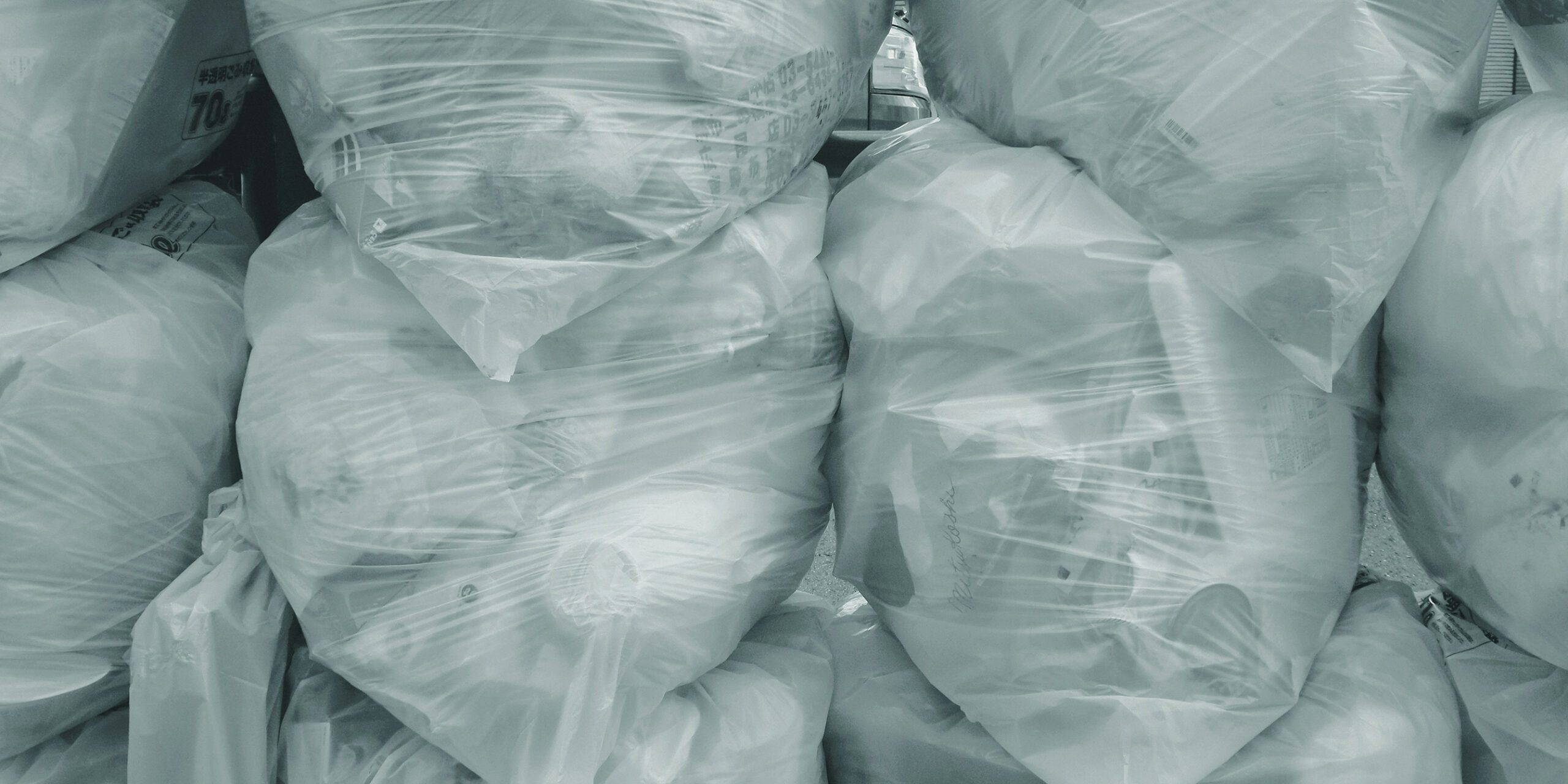
The Presbyopia It is a visual condition that appears naturally with the passing of the years. From the age of 40 or 45 years old,Many people begin to notice that reading a book, using a cell phone, or focusing on small print becomes less comfortable. It's not a matter of "poor vision," but rather a need for support to maintain near vision function.
This happens because the lens, the eye's inner lens, loses elasticity over time. Its ability to change shape & focus at different distances is reduced, & this leads us to need external help. presbyopia glasses They fulfill precisely that function: they are an effective, discreet & everyday solution.
Many people experience this change with some surprise, even reluctance. In a culture that associates visual clarity with youth, embracing presbyopia may seem like a small challenge. But accepting it naturally is also an act of visual maturity: understanding that the body evolves, & that adapting is part of living consciously.
The reading glasses may seem like low-impact products, but their life cycle leaves a footprint that isn't always perceived. The traditional optical industry It relies heavily on materials such as petroleum-derived plastics, treated metals & intensive industrial processes.
Their manufacturing often involves long production lines, large-scale shipping, & non-recyclable packaging. At the end of their useful life, many glasses end up in landfills or incinerators, with no real possibility of recycling. It's a model that has been repeated for decades, but is no longer sustainable in the face of climate urgency.
Every year, millions of people buy glasses without considering their origin or destination. That amount carries considerable weight. However, there are proposals that are opening up a new way of seeing things, with more responsible alternatives.
In recent years, options have emerged that focus on a different production. sustainable presbyopia glasses They are made from materials such as recycled plastics, reclaimed fishing nets, & eco-friendly acetate. These resources, instead of becoming waste, find a new use.
But the difference isn't just in the material. Many of these glasses are made locally and handcrafted, with slower and more humane processes. This reduces the logistical footprint and ensures greater traceability. It's don't just about aesthetics or quality: it's an ethical choice.
At Matters, we take this vision further. Each pair of glasses is born from the desire to reduce environmental impact, combine design & sustainability, & offer products that care for both our eyes & the planet. Because everyday gestures can also support great ideas.
Incorporating sustainable eyewear into your daily routine doesn't mean compromising anything. On the contrary, it adds profound value to a functional object. Seeing well can be a meaningful action, a way of establishing coherence between what we need & what we stand for.
Every time we wear glasses, we repeat a gesture. And if that gesture aligns with our principles, it becomes something more: a way of being in the world. Of caring for the present without forgetting the future.
Take care of the eye health It's about caring for the life in front of us. But doing so with responsible materials also means caring for what we leave behind. A way to see better... & look further.
Change isn't just the consumer's responsibility. Brands must also question how we produce, how we communicate, & what we leave behind after each decision. Committing to circular economy, through social actions & durable products is no longer optional: it is urgent.
At Matters, we work from that conviction. We know that small things also matter, & that sustained changes over time can make a real difference.
That's why our glasses don't just focus on letters. They focus on ideas. They focus on a more conscious, kinder way of living, one more connected to what matters.
#WhatReallyMatters